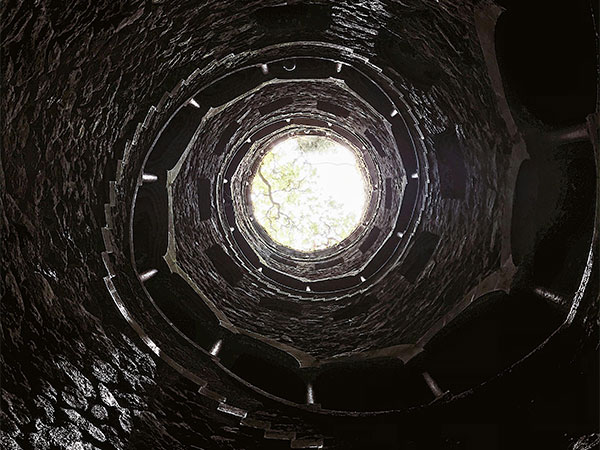The discovery of 46 illegal wells dug by Chinese migrants in the remote Xinjiang region has heightened tensions with Uyghur residents and disturbed the region’s ecological balance, as reported by Radio Free Asia.
Water disputes have long been a point of contention between native Uyghurs and Chinese settlers, particularly in regions controlled by the state-run Xinjiang Production and Construction Corps (XPCC), known as Bingtuan.
This organisation, which is responsible for land development, border security, and maintaining stability in the region, is predominantly made up of Han Chinese.
The issue came to light after residents in Korla, Xinjiang’s second-largest city, raised alarms about a surge in illegal wells on the city’s outskirts. These wells reportedly dug to irrigate cotton and vegetables, have drained vital underground water reserves.
Authorities launched an investigation after the complaints were filed. A source in Xinjiang, speaking anonymously for security reasons, confirmed that 46 illegal wells were uncovered this year in Korla alone.
The individuals responsible for drilling the wells are primarily from the 29th Battalion of the Bingtuan’s 2nd Division, along with other Chinese settlers residing in a nearby economic development zone.
Despite ongoing efforts to address the issue, a police officer involved in the investigation told Radio Free Asia that legal proceedings have been slow, and suspects were released after brief questioning. The officer added that authorities used “stability” and “unity” to justify the lack of punitive action.
The difficulty in holding the perpetrators accountable stems from the fact that many of the individuals involved are Han Chinese, complicating the legal process. The Bingtuan, which has played a key role in promoting Han Chinese dominance in Xinjiang, is seen as a major factor in the marginalisation of Uyghurs and other indigenous ethnic groups.
Tensions are already high, and the illegal wells have further strained relations between the two communities, amplifying existing grievances over water access and resource distribution in the region.








































